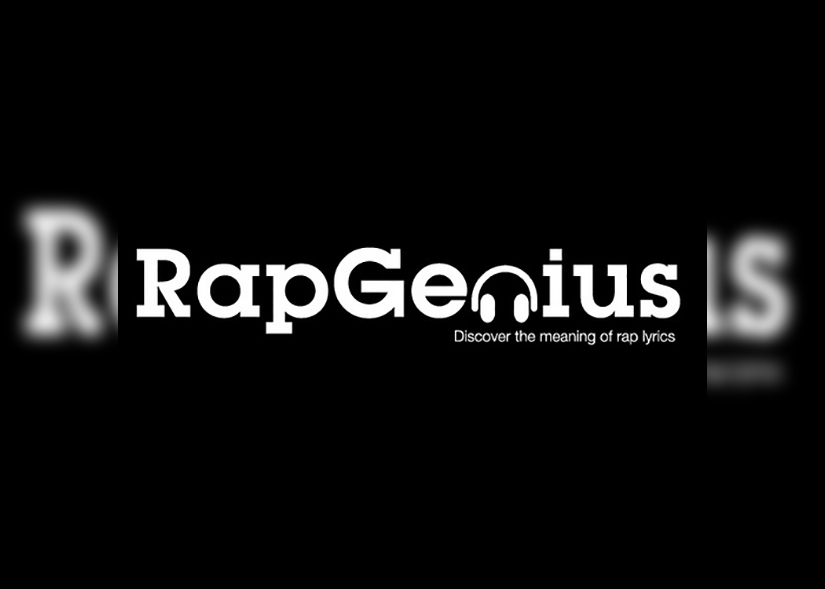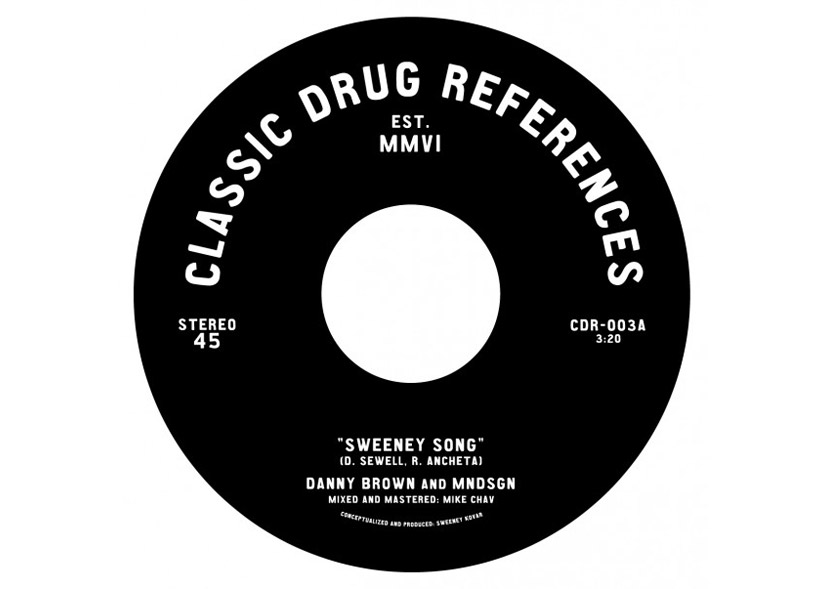Online Publication and The Newspaper Industry
Over the last 70 years, the ways in which we are informed about news and current events has changed drastically. With the invention of the television and the computer, how we are informed is also changing. Now, we spread information through the internet, a wildfire of tweets and shared blog posts and videos. Even the majority of well-known newspapers like the New York Time, the Chicago Tribune, and the L.A Times have all created websites that display their online articles.
In this world in which we are apart of and the societies in which we make up, there is knowledge all around us. This access to knowledge is growing tenfold with all of the material and tools we have at our finger tips.
However, it is essential for any and all publications to establish one major concept: credibility. Credibility is trusting what the reader is saying because they have established a sense of credibility with their audience. This is shown through using personal experiences, providing links to reputable sites, and refraining from the use of Wikipedia. These are just a few small examples of how to establish a writer as trustworthy in the online community.
Based on my own current experience from working in both an online publication as well as the newspaper industry, there will always be pros and cons to each side that the other side lacks. In the newspaper industry, local newspapers hold great value in the strong, personal relationship between the newspaper and the reader. You have a better sense of who is reading these articles because they're your family, your friends, and your neighbors. And there’s a comfort in that.
The first United States newspaper, the Boston News Letter, originated on April 24, 1704. This piece of media not only discusses events in history, it is history.
Although you can share articles with this same familial audience, there’s a crucial difference. The world of online publication is a two-way, communicative street. And as a writer, that can be intimidating. Complete strangers have the power to verbally abuse you, and many act on that capability.
Yet, there’s also a large sense of freedom in writing online. Self-starting, entrepreneurial bloggers do not have expectations to stay within a company’s tone or set material topics. They are their own company, their own brand. They are the creators.
Even the concept on online publication has a wider scope of freedom; publications in different topics of interest exist, from music to online magazines to home and lifestyle blogs. It’s an expansion of the newspaper, providing readers with a large variety and quantity of subjects and issues to dive into.
Whereas in the newspaper industry, you are in a co-dependent relationship with the assembly line of co-workers; each have their own stake in contributing towards making that week’s deadline in order to get the paper out. There’s a sense of team work and camaraderie there that can’t quite be duplicated in the online world of publication. It is important to preserve that communal bond of sharing local news. It is also important to maintain a plain field for evolution in this industry, without one platform pushing out the other.
Between 2003 and 2012, the print ad revenue in newspapers has decreased by more than 50%. Readership has also decreased between 10 and 20% over the last 15 years among all age groups; these age groups consist of individuals from the 18-24 year old bracket to ages 65 and older.
However, with this new age of online media and the rising generation of younger readers and creators, a question comes to mind. Can we still preserve the newspaper industry of both big booming companies like the Chicago Times along with smaller publications like Southtown Newspapers or Southwest Messenger Press? Could the extension of these papers onto online platforms help to sustain this powerful medium that has informed people around the world for hundreds of years? Maybe we need to start considering newspapers in both print and online form, rather than print vs online publications.
Rap Genius Comes Under Fire For SEO Practices
Hip-hop reference tool Rap Genius has come under fire over the past week as reports of their using shady SEO practices to drive traffic to the site has come to light. A host of media outlets reported on the issue, with Google giving a nod to being aware of what the site that recently rolled out "Rap Stats" is up to. Today, Google flexed and punished the New York-based Rap Genius by removing the site from the top of any of its search results pages and a search for the website only returns third-party sites talking about RG.
According to the L.A. Times, "Google took down Rap Genius after it was revealed that the lyrics website, which received $15 million in funding from Andreesson Horowitz last year, was offering bloggers exposure through its social media accounts in exchange for links to its website on their music blogs." Apparently, the site was trading unique views for access to its social media numbers-a fact that was revealed by Tech entrepreneur John Marbach who posted his findings here.
We'll see what effect this has on Rap Genius, which should bounce back quickly with that nice nest egg. More interestingly, it brings up an issue we could be facing moving forward in the Internet age of blogs and websites. Google made a statement, both in what practices are acceptable and how much clout they truly yield in the overall cyber universe. A check of other search engines shows that Google is alone in the ousting, but it is notable nevertheless. We'll keep an eye on this story as it develops, but it looks like RG is going to miss out on a lot of Beliebers looking up Journals lyrics in their new Christmas snuggies. Oh, well.
[via LA Times]
Danny Brown: "Sweeney Song"
Danny Brown has never been one to discourage drug use. On his latest track release, "Sweeney Song", featuring heavy handed, minimalistic production from Detroit beat crafter MNDSGN, Brown lets loose a track full of drug references and challenges rapid-fire and sans-hook. The track was included as part of a curated 7" by Sweeney Kovar, who used to run the blog Classic Drug References. Check it out for yourself below.
[iframe id="https://w.soundcloud.com/player/?url=https%3A//api.soundcloud.com/tracks/119111222%3Fsecret_token%3Ds-x3gI2" mode="normal" align="center"]



